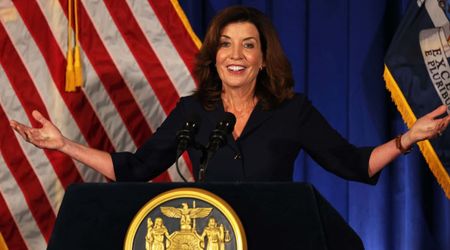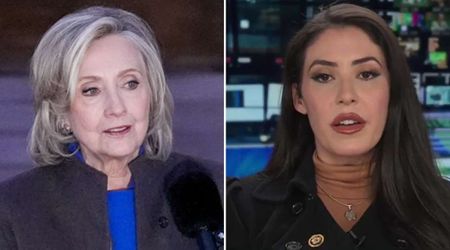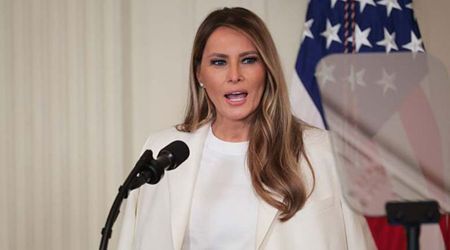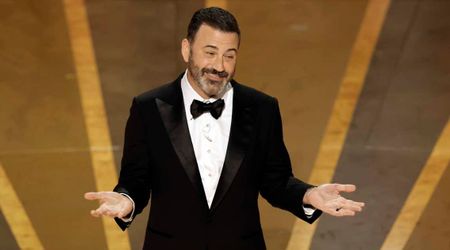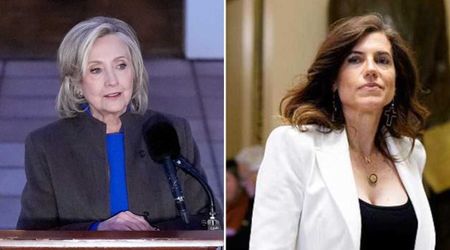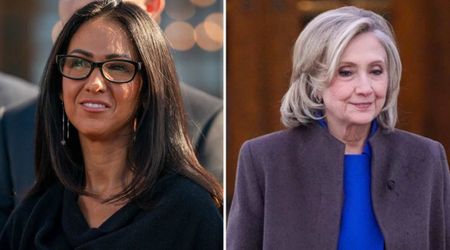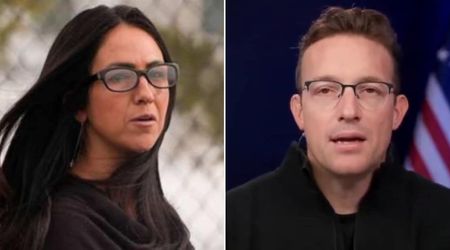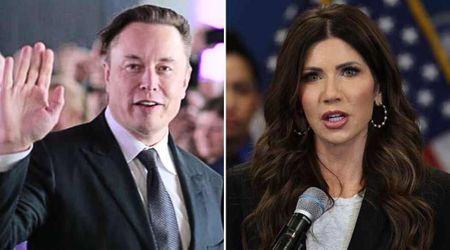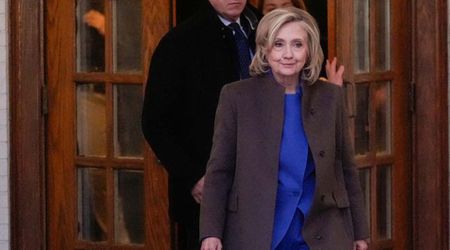Trump shows a 'highly evolved sense of empathy', says top hostage negotiator

WASHINGTON, DC: When you’ve spent 25 years talking terrorists and kidnappers into standing down, you probably know a thing or two about reading people.
Chris Voss, the FBI’s legendary lead international kidnapping negotiator, sat down with The New York Times’ David Marchese on a Saturday, August 16, podcast and ended up making the case that President Donald Trump knows empathy.
Voss wasn't talking about the mushy, feel-good kind, but rather what he calls "tactical empathy" — the ability to see the world through someone else’s eyes without necessarily agreeing with them.

It's worth noting that Voss isn’t just some guy with theories. He worked on more than 150 hostage negotiations during his FBI career. Since hanging up the badge, he’s built a second act as a best-selling author, speaker, and CEO of the Black Swan Group, a firm that trains people worldwide on negotiation.
His 2016 book 'Never Split the Difference', co-written with Tahl Raz, has sold millions. His toolkit includes tricks like conversational mirroring, a little strategic self-criticism, and even tweaking your tone of voice to calm a tense room, per The New York Times.
Trump has a 'highly evolved understanding of how other people see things'
When David Marchese asked if Donald Trump and his administration “demonstrate empathy,” Chris Voss didn’t hesitate.
“I think he has a highly evolved understanding of how other people see things,” Voss said.
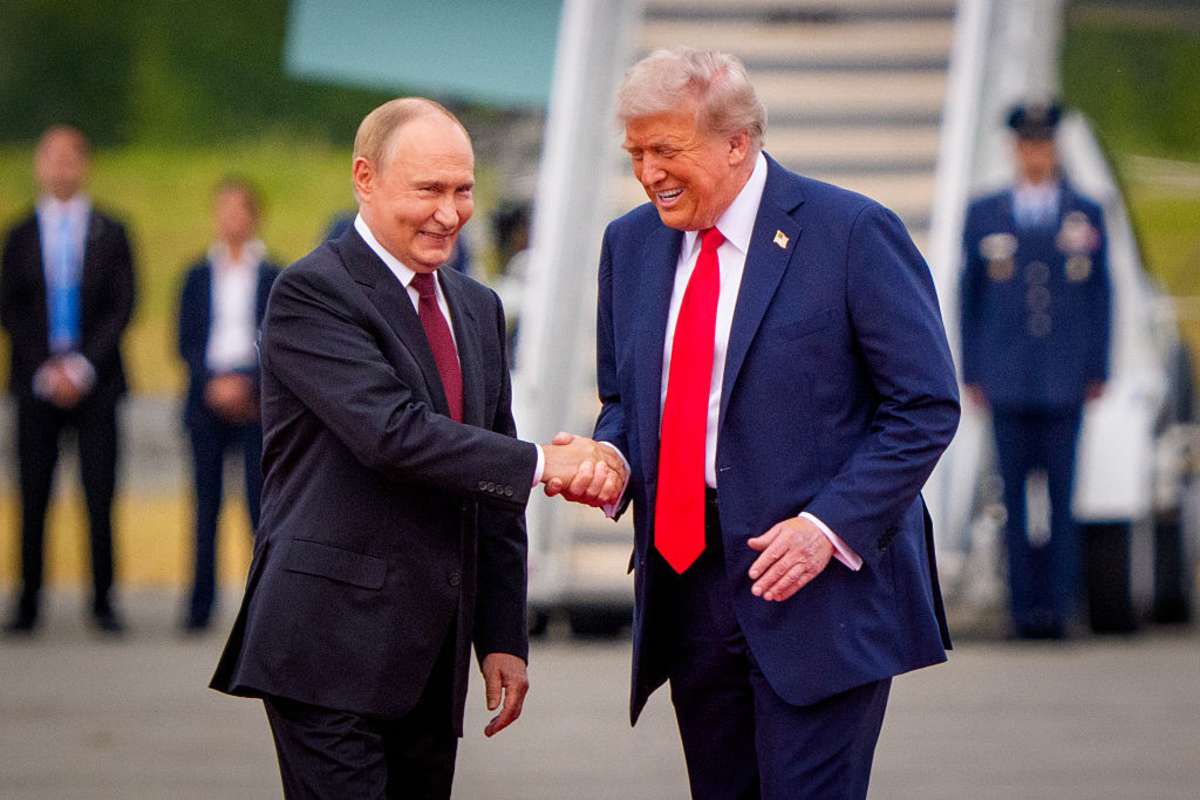
Marchese pressed, "What makes you say that?"
Voss pointed to reporting around Trump’s decision-making with Iran.
"The reporting was that Israel was thinking about trying to take out the Iranian leader and that Trump was against that," Voss explained. "Now, my view is that’s smart for a number of reasons. First of all, if you agree to take out the head of a country, you’re declaring there’s open season and fair is fair, which means they’re free to come after you."
"To me, there’s a sense of empathy there. Not necessarily agreeing, not being on their side, but if empathy is understanding how somebody sees it, I think he has a highly evolved sense of it," he added.
David Marchese grills Chris Voss on Trump's immigration policies
But David Marchese wasn’t ready to let that narrative roll. He immediately asked if Trump "has a highly evolved sense of empathy when it comes to understanding how other people 'see it' on immigration?"
"Yeah, and then I think he’s making a calculation based on what he needs to move forward," Voss said. "I don’t think he is oblivious to how people see things, and to lack empathy is to be oblivious. Now, what decisions that causes you to make is a whole separate issue."
Marchese kept drilling. “How the way ICE functions is the result of a remotely empathetic understanding of other people?” he asked.
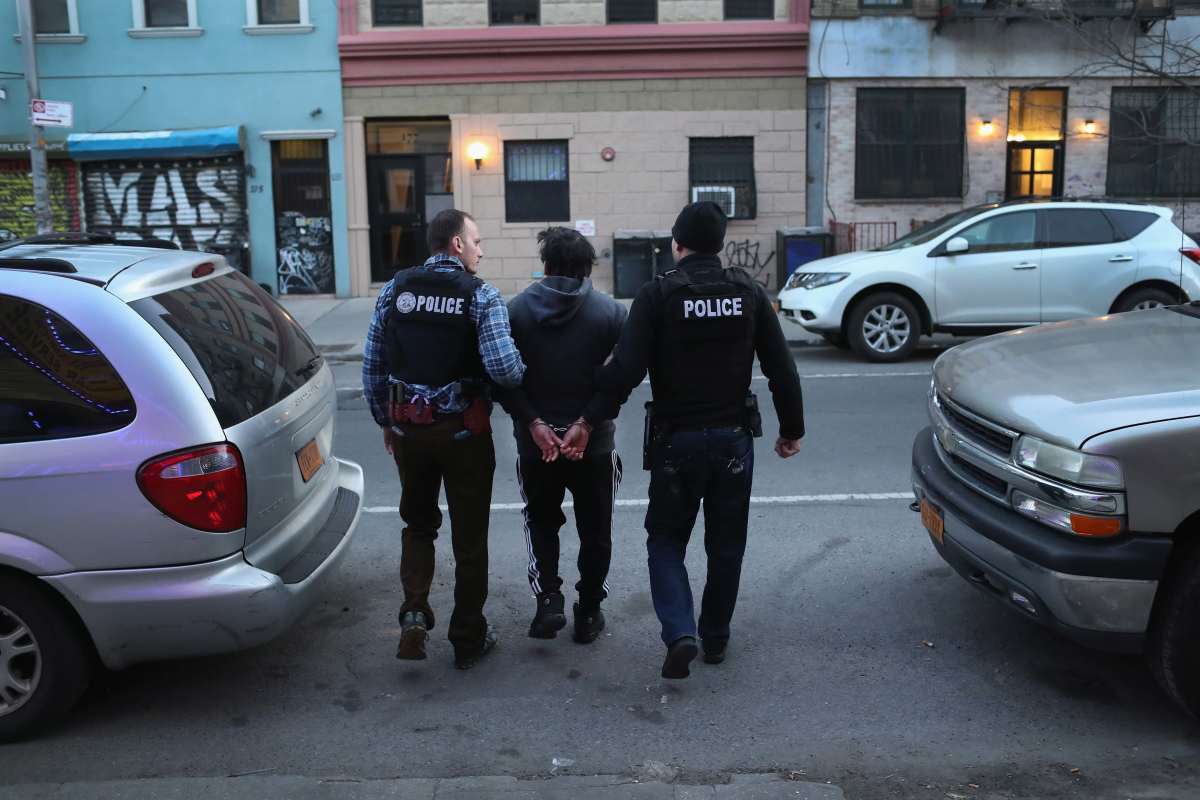
Voss noted that he was "not on the ground with those guys." He didn’t know "what kind of orders are being given," but he did note that "the system breaks down" when orders aren’t followed.
Regardless, Marchese pressed harder. "If you think the thing is wrong, you probably should say, ‘I’m not doing it,’ right?" he asked.
"There are really tough questions about that as an individual. I’m seeing it from a distance," Voss replied. "I’m not in a position to be able to offer an informed opinion on it, and yeah, I’m dodging your question."
With that, Marchese threw in the towel and moved on to another topic.

